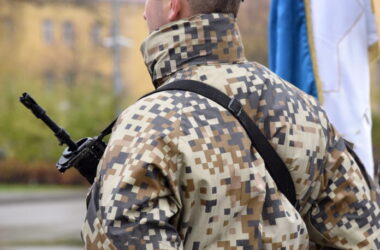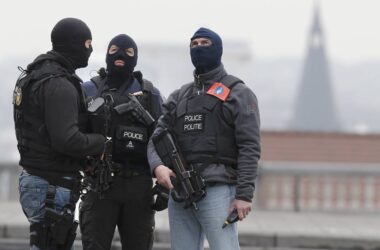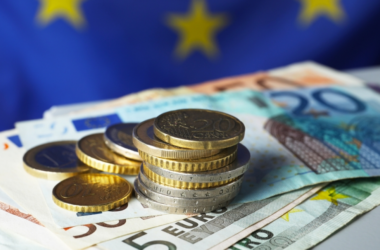In a bold move shaking up the Brussels bubble, the right-leaning Patriots for Europe (PfE) group has submitted a formal request to establish a European Parliament inquiry committee aimed squarely at cracking down on corruption and restoring trust in the EU’s inner workings.
The proposed committee—dubbed TRAC (Committee of Inquiry on Transparency and Accountability)—would operate on a tight 12-month timeline. Its mission? Shine a light on alleged misconduct ranging from money laundering and bribery to murky lobbying and foreign interference. The list reads like a who’s-who of recent EU scandals: Qatargate, Pfizergate, Huaweigate, and more.
Citing the EU Court of Auditors’ scathing assessment of Brussels’ transparency failures, PfE argues that existing oversight bodies like OLAF and EPPO are simply not cutting it. According to the group, these institutions are riddled with political bias and lack the teeth needed to police the powerful.
The six-page pitch, now circulating among MEPs from all parties, lays out an ambitious plan for TRAC to dig into a wide range of issues: from NGO influence and shady COVID vaccine deals to revolving doors between EU institutions and big business. The committee would be granted authority to call witnesses—including current and former EU officials—scrutinize confidential documents, and team up with national and international law enforcement when needed.
Even before it gets off the ground, the proposed watchdog has struck a nerve in Parliament. The Patriots’ call for action comes after more than 80 Freedom of Information requests—mainly targeting EU-funded NGO contracts—were stonewalled, fueling their case for stronger checks and balances.
Structurally, the 38-member committee would mirror the political makeup of the Parliament, giving the European People’s Party (EPP) 10 seats, followed by the Socialists & Democrats (S&D) with 7, PfE with 5, and others like the Greens, Renew Europe, and the Left splitting the rest. However, despite the Patriots’ push, they’d still find themselves heavily outnumbered unless moderates break ranks to support a deeper investigation.
And there’s the rub. While many agree the EU needs a transparency overhaul, insiders are skeptical the mainstream parties—some of which are implicated in the very scandals under scrutiny—will let TRAC see the light of day. Critics fear it could expose embarrassing truths, especially regarding vaccine procurement and foreign lobbying.
Deputy leader of PfE didn’t mince words: “If there’s nothing to hide, why not vote for an inquiry?” A valid question, especially given the rising public frustration over elite impunity.
Still, EU heavyweights might dodge the bullet by arguing that anti-corruption tasks already fall under agencies like OLAF. But PfE counters that these are managed by unelected bureaucrats and lack democratic legitimacy—yet another reason they’re calling for parliamentary oversight.
Whether TRAC is greenlit or buried in bureaucracy, one thing’s clear: the Patriots have forced the EU establishment into a corner. A vote against the committee might be all the proof some citizens need to question who’s really calling the shots in Brussels.




